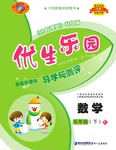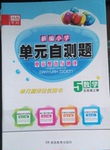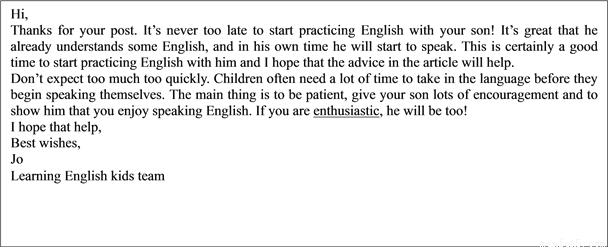题目内容
Wu Wen and Xing Ya, two Chinese giant pandas arrived ____Wednesday evening at
Schiphol airport in Amsterdam for a _____ stay in a Dutch zoo.
A. on; 15-year B. at; 15-year C. in; 15 years D. on; 15-years
A 【解析】武雯和星雅,两只中国大熊猫在周三晚上到阿姆斯特丹的达史基浦机场,将在一个荷兰动物园生存十五年。在周几或者周几的上下午、晚上用介词on;数词+名词单数构成复合形容词,故选A。
练习册系列答案
 优生乐园系列答案
优生乐园系列答案 新编小学单元自测题系列答案
新编小学单元自测题系列答案
相关题目



